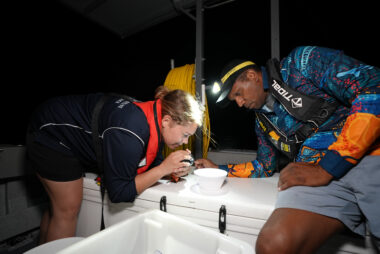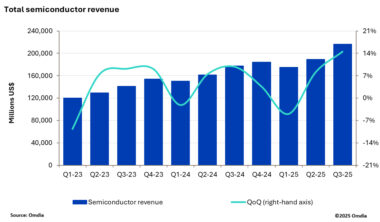2nd of February 2024
Helping animals survive 45-degree heat: Australian vets share climate change experiences with Indian colleagues
Two Australian veterinary experts are taking the lead in Indian climate talks next month that will focus on animals.
Dr Jeannet Kessels, the chair of Vets for Climate Action and Dr Helen Scott-Orr, former Chief Vet of NSW and Australian Director-General of Biosecurity, will be speaking to their Indian counterparts at the inaugural forum on climate change and animal health and welfare in Bangalore on February 5.
Dr Kessels said it was important to collaborate with Indian veterinarians, who were facing similar issues to many Australian vets, caring for livestock and wildlife in places where temperatures can reach 45 degrees Celsius.
“My colleagues in India are working with livestock in increasingly hot conditions, with climate change also making extreme weather events more likely. Vets are responsible for the health and welfare of animals, as well as supporting farmers in the production of livestock. Heatwaves impact animals just as they do humans, and vets need to provide support, advice and care,” Dr Kessels said.
A 2023 study found that heatwaves in India last April were 30 times more likely because of climate change. The Times of India reported 252 people died in India from heat in the first 6 months of 2023, including 13 people waiting in the sun at a business awards ceremony. However data on animal deaths is often harder to obtain.
“Animals are the silent victims of a hotter planet. They need vets to step up and speak for them and push for greater action on climate change, which means switching to cleaner energy like wind and solar, and ending our reliance on coal, oil and gas,” Dr Kessels said.
Dr Scott-Orr said the warming climate was also driving other changes such as the spread of disease.
“In Australia we are seeing diseases that spread from animals to humans increase in range as vectors like mosquitoes and ticks are transported during violent weather and enjoy warmer temperatures. Japanese Encephalitis, formerly only seen occasionally in Cape York, spread thousands of kilometres south to the Murray Valley in 2022, causing deaths and illness in people and pigs. Paralysis ticks that can kill dogs, cats and even small children, have extended their range southwards from Sydney to Gippsland in Victoria in the last 50 years.”
The symposium will focus on the following areas relating to climate change:
-
Animal welfare including heat stress and changing availability of water and food as global temperatures increase
-
Zoonotic disease spread - as climate changes, insects that spread disease like ticks and mosquitos are also moving, increasing the range of illnesses like Lyme disease, West Nile Virus and others
-
Wildlife conservation - climate change threatens animals already facing habitat loss and disease - vets working in wildlife conservation are developing climate adaptation strategies
-
Livestock and agriculture emissions - the role that vets can play in supporting farmers to improve animal health and reduce animal emissions through sustainable farming practices
-
Emergency response - climate change is driving increasingly extreme weather and disasters that impact animal populations.
-
The interconnected nature of the environment, human and animal health also known as One Health.
Helen Scott-Orr and Jeannet Kessels are available for interview
For more information / interviews contact: Sean Kennedy 0447 121 378 / [email protected]
About us: Vets for Climate Action represents concerned veterinarians, veterinary nurses, and industry partners across Australia who want strong climate policies.
Contact details:
Sean Kennedy 0447 121 378 / [email protected]


